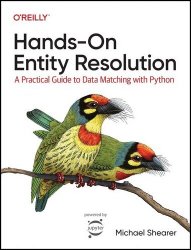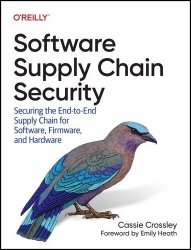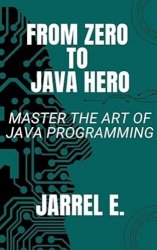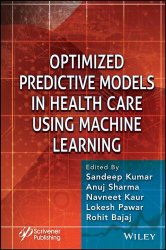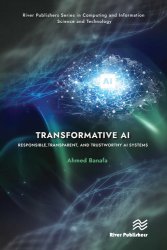- Добавил: literator
- Дата: 8-02-2024, 20:54
- Комментариев: 0
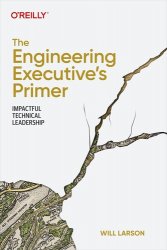 Название: The Engineering Executive's Primer: Impactful Technical Leadership
Название: The Engineering Executive's Primer: Impactful Technical LeadershipАвтор: Will Larson
Издательство: O’Reilly Media, Inc.
Год: 2024
Страниц: 360
Язык: английский
Формат: pdf, epub (true)
Размер: 10.1 MB
As an engineering manager, you almost always have someone in your company to turn to for advice: a peer on another team, your manager, or even the head of engineering. But who do you turn to if you're the head of engineering? Engineering executives have a challenging learning curve, and many folks excitedly start their first executive role only to leave frustrated within the first 18 months. In this book, author Will Larson shows you ways to obtain your first executive job and quickly ramp up to meet the challenges you may not have encountered in non-executive roles: measuring engineering for both engineers and the CEO, company-scoped headcount planning, communicating successfully across a growing organization, and figuring out what people actually mean when they keep asking for a "technology strategy." As an engineer, you’ll often be responsible for onboarding peers onto your team. In those cases, you’re often implicitly more senior than the peer you’re onboarding, but you’re both knowledgeable in the shared field of software engineering.


